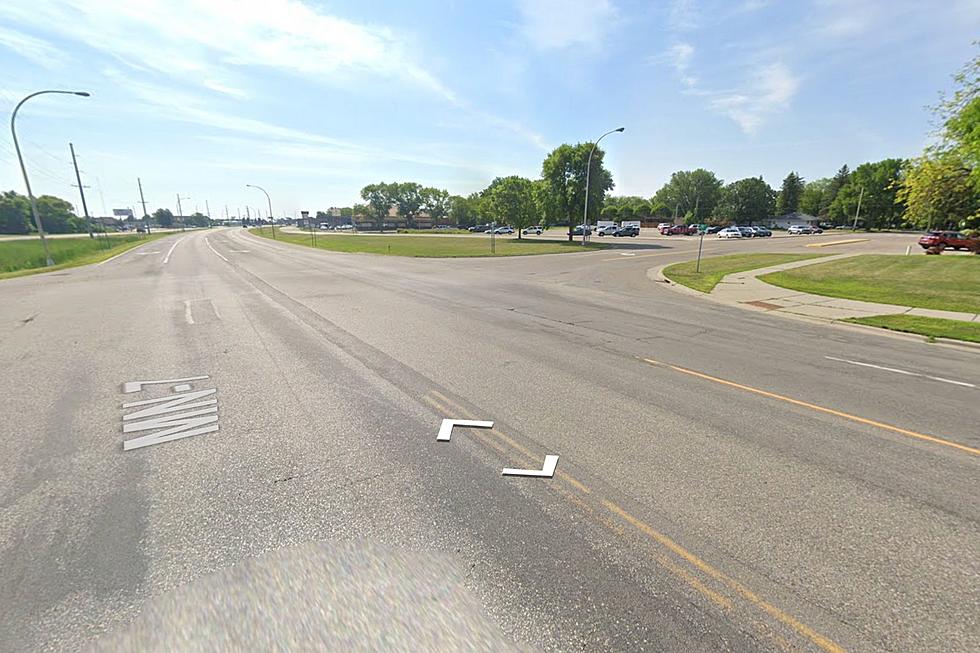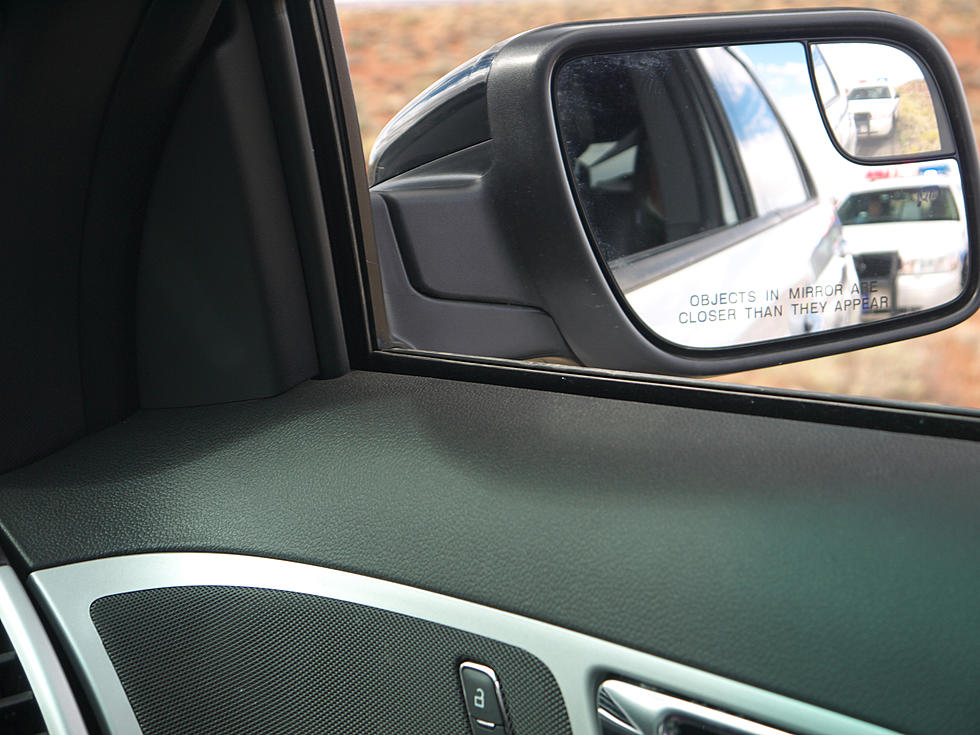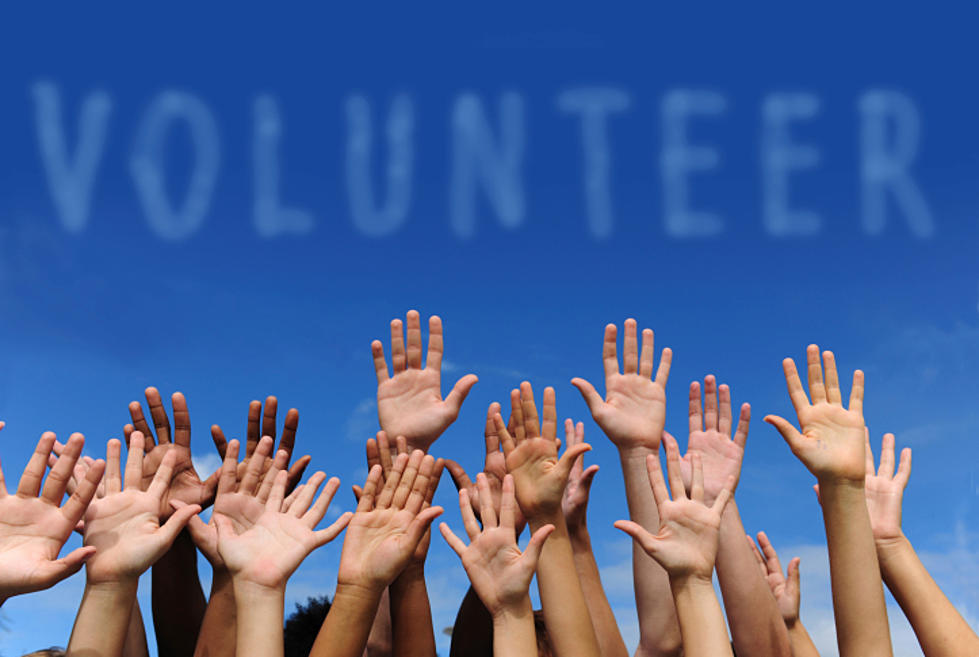
Prevent Heating Fires and Be Prepared for an Emergency with These Red Cross Safety Tips
There have been so many structure fires across the Northland and on the Range lately. With temps plummeting far below zero, people are using unsafe resources to heat their homes. But, these unconventional heating sources put your family in danger, even if you think you'll be there to watch it. The Red Cross offers some great tips on how you can keep your family safe.
Heating fires are the second leading cause of home fires. Cold snaps like the one we are experiencing this week are especially dangerous as home heating systems are tested to their breaking points. Here are three tips from the American Red Cross to keep your family safe:
- Don’t put any heat source within three feet of anything flammable, such as blankets, curtains, and furniture.
- Never use grills, camp stoves, or anything not intended to be a heating source.
- Never ever use things like charcoal fires or propane torches to thaw frozen pipes.
The other thing you can do is prepare your family, in the event there should be an emergency, knowledge of what to do and why could save your lives. Here are some one-minute drills that you can discuss and practice. Don't say "when we have time", MAKE time, again these could save your lives.
Drill 1 – Get a Kit
You could visit the American Red Cross Store and buy the Deluxe Emergency Preparedness Kit, or make one.
Drill 2 – Discuss Kit Rules
Once you get the kit or make one, everyone in the family should know where it's kept and what each item in the kit is for.
Drill 3 – Personalize Your Kit
Have each family member pick their favorite canned foods and personal items and add them to the kit. Not that you'll be particularly comfortable if you are in an emergency situation, but it will be good knowing you have those items put away and available to you.
Drill 4 – Make an Evacuation Plan
This won't take long. Pull out a map and using a highlighter, determine two or three destinations and the routes to get there. Remember, in the case of an emergency, cell phones may not be working.
Drill 5 – Be Informed
Your family should know what natural disasters can affect your area and what to do if one should happen. Read through the appropriate Disaster and Emergency guides. Watch the weather and stay on top of the news if severe weather is predicted for the Northland.
If local authorities are telling you to evacuate, then EVACUATE! If you followed the drills above, then you already have an evacuation plan in place.
Use this Fire Protection and Safety Check list to make sure you've covered everything!
More From B105







![Northlanders Crowd Flu Vaccine Clinic as News of Local Flu Related Deaths Spreads [VIDEO]](http://townsquare.media/site/150/files/2013/01/FireShot-Screen-Capture-207-Duluth-Flu-Related-Deaths-Increase-Northlanders-Crowd-Flu-Shot-Clinic-I-Northlands-NewsCenter_-News-Weather-Sports-I-NBC-CBS-MyNetworkTV-and-The-CW-for-Duluth-MN-_-Superior-WI-I.jpg?w=980&q=75)

